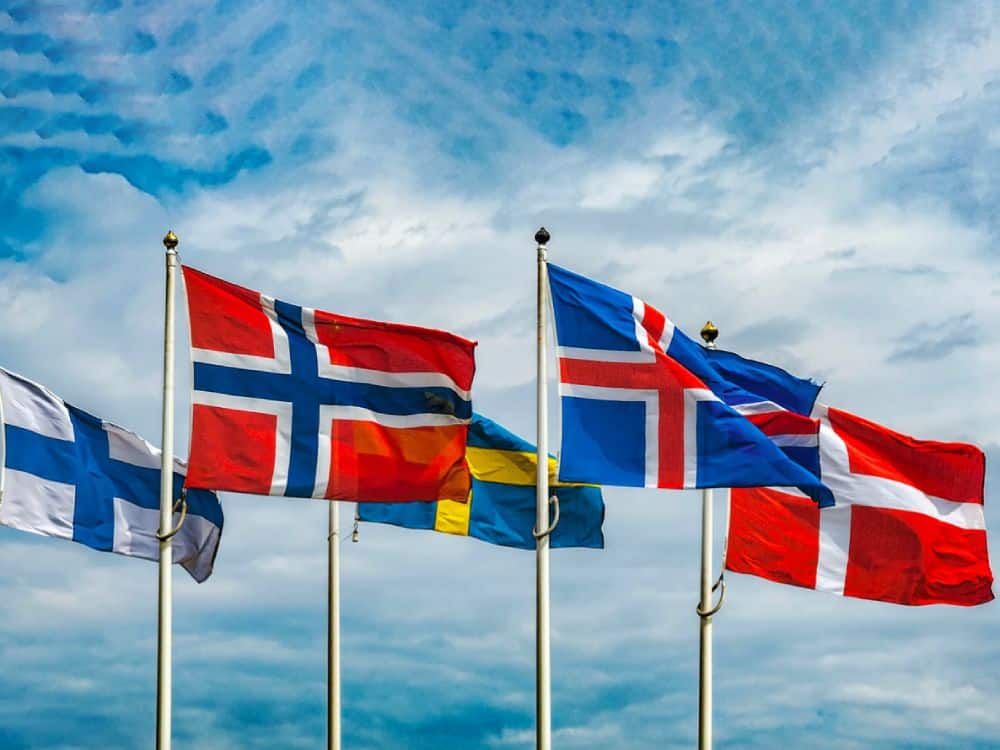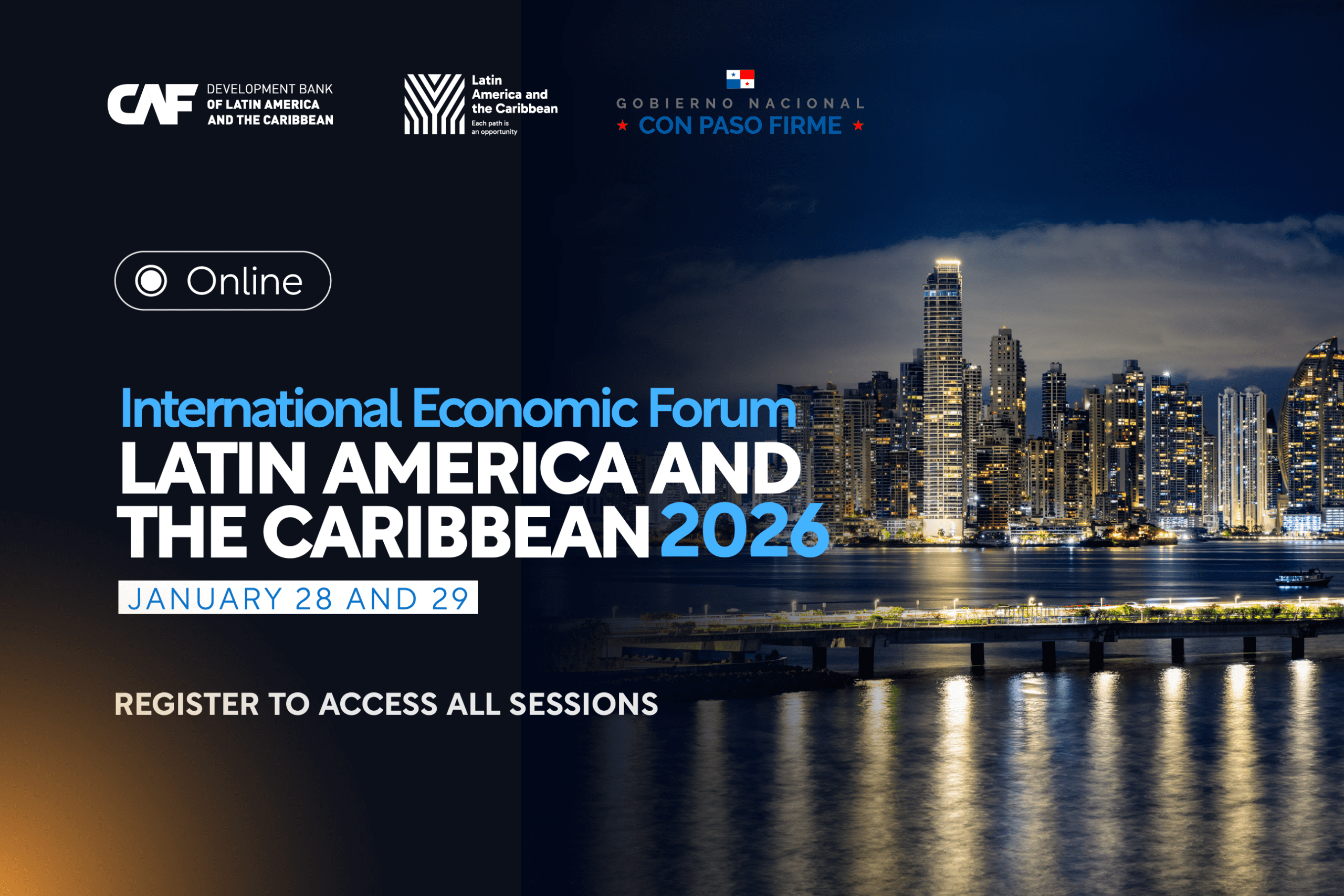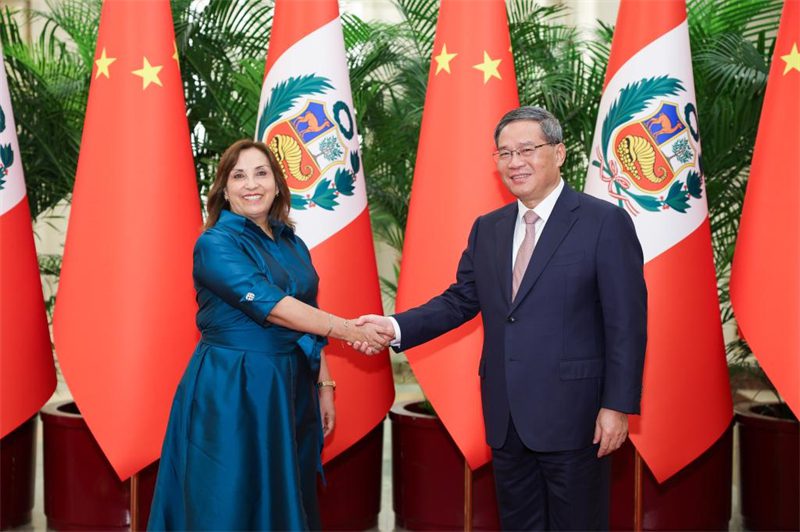Key Impact Points:
- No treaty agreement: Nations failed to deliver a legally binding treaty on plastic pollution after two years of negotiations.
- Block by oil-producing nations: Saudi Arabia, Russia, and other oil suppliers opposed limits on plastic production, citing mandate concerns.
- Health and environmental urgency: Microplastics were cited as a public health crisis, found in human placentas, breast milk, and brain tissue.
Nations Deadlock Over Plastic Pollution Treaty
Negotiations for a United Nations-backed treaty to address plastic pollution concluded without agreement after a week-long summit in Busan, South Korea. Oil-producing nations, including Saudi Arabia and Russia, blocked attempts to limit plastic production, stalling progress on global climate action. Talks, which began in 2022, are now set to reconvene next year.
“We didn’t achieve what we came for — a binding treaty that addresses the full life cycle of plastics,” said Juan Carlos Monterrey Gomez, Panama’s special representative for climate change. “Yet, amidst disappointment, there are small glimmers of progress.”
Opposition From Oil Producers
Countries opposing stricter controls argued that the mandate should focus on improving waste collection and recycling rather than production limits. Less than 10% of global plastic waste is recycled, according to the UN.
“There should be no problem with producing plastics,” said Saudi Arabia delegate Abdulrahman Al Gwaiz. “The problem is the pollution, not the plastics themselves.”
Russia’s delegation added that proposed limits on producers were economically motivated, while over 200 fossil fuel and chemical industry lobbyists, outnumbering many national representatives, supported their stance.
Industry and Community Responses
Plastic remains a growth driver for fossil fuel companies as renewable energy and electric vehicles reduce oil demand. BloombergNEF estimates petrochemicals could account for nearly double their current share of total oil demand by 2050. Yet, businesses like L’Oreal, Starbucks, and 3M have endorsed ending certain harmful plastics and chemicals.
Communities worldwide stressed the health implications of plastic pollution, with microplastics now detected in human tissue and fluids.
“The overwhelming majority of countries recognize the severity of the plastic pollution crisis and agree on the need for urgent action,” said Juliet Kabera, director general for the Rwanda Environment Authority.
Next Steps
Negotiators aim to resume talks next year, as global pressure mounts to restrict plastic use and mitigate environmental and health impacts.

 Follow SDG News on LinkedIn
Follow SDG News on LinkedIn











